As cannabis-based health supplements become more widely available and socially accepted, it goes without saying that people may have questions.
After all, CBD is still something relatively new on the market. While cannabinoids like CBD hold great potential in helping with many health issues, it may be hard to know how to incorporate them into your regular healthcare regimen.
Today, we shed light on CBD tinctures, arguably the best form of CBD consumption for beginners.
We will explain the role CBD tinctures can play in improving the quality of your life, how they are made, how to use them, and what to be aware of when buying a CBD tincture.
But first, let’s refresh your knowledge about CBD.
A Primer on CBD and the Endocannabinoid System
All humans have endocannabinoid systems. The endocannabinoid system is a complex network of receptors and neurotransmitters whose role is to maintain the chemical stability in the body, also known as homeostasis.
Whenever this stability is compromised, the endocannabinoid system produces its natural endocannabinoids to bring the homeostasis back. Sometimes, though, the system cannot release enough endocannabinoids to solve chemical imbalances.
And since the endocannabinoid system controls the vast majority of biological processes — from memory to temperature control to pain perception and immune function — the deficiencies in endocannabinoid production has been linked by scientists to a wide range of physiological and mental illnesses.
This is where CBD starts to shine.
What is CBD?
CBD is an abbreviation for cannabidiol, one of the many identified cannabinoid molecules in plants from the Cannabis botanical family.
CBD and THC are the two major cannabinoids in cannabis, but unlike THC, CBD is non-psychoactive; in other words, it doesn’t produce the high commonly associated with marijuana use.
The non-intoxicating nature of CBD results from the way it interacts with the endocannabinoid system.
Contrary to THC and other cannabinoids, CBD doesn’t bind directly to any of the cannabinoid receptors (CB1 and CB2). Instead, it operates on several molecular pathways to modulate these receptors and thus produce certain effects in the body and brain.
In other words, when CBD enters the bloodstream, it stimulates the endocannabinoid system to produce more of its endocannabinoids, and it increases the lifespan of these molecules by blocking an enzyme responsible for breaking them down.
What Are the Health Benefits of CBD?
According to the emerging body of scientific evidence, CBD shows great promise for helping with a wide variety of conditions.
The top of the list is the analgesic potential of this compound. Numerous studies have found that CBD has strong pain-killing and anti-inflammatory properties. Both features make it useful in easing acute pain as well as chronic conditions.
In addition, CBD can significantly reduce seizures in rare forms of epilepsy, especially in children. As a matter of fact, this particular quality has coined CBD its popularity when the world heard the story of Charlotte Figi, a young epileptic girl whose life was saved by cannabidiol.
Finally, researchers around the world are investigating CBD’s possible role of a mood stabilizer and stress reliever. Studies have shown that CBD can help people deal with social anxiety and if you scan the web for feedback from CBD users, anxiety is always among the top 3 reasons why people take CBD tinctures.
How do People Consume CBD?
CBD can be administered in many forms, but the most popular consumption methods include:
- Vaporization (CBD E-liquids, flowers, and concentrates)
- Oral ingestion (CBD capsules and edibles)
- Topical application (CBD beauty products and healing rubs)
- Sublingual administration (CBD oil drops and tinctures)
In the next section, we’ll elaborate on the sublingual administration, or CBD tinctures, to be specific.
CBD Tinctures 101: What You Need to Know
What is a CBD Tincture?
A CBD tincture is a cannabis extract obtained through alcohol extraction.
This liquid supplement is typically applied by dropper and has high concentrations of CBD.
Hemp-derived CBD tinctures contain less than 0.3% THC, so if you aim at benefitting from cannabis without getting high, they are the way to go.
Interestingly, tinctures had been the main form of cannabis medicine back before the United States enforced cannabis prohibition in 1937.
Keep in mind that CBD tinctures aren’t the same as CBD oil drops. While a CBD tincture is a form of CBD oil, different extraction methods are employed for these two products.
As mentioned, CBD tinctures are extracted with alcohol, whereas CBD oil drops usually call for CO2 extraction and are further contained in a carrier oil such as MCT, hemp oil, olive oil, or emu oil.
Speaking of which…
How are Tinctures Made?
Tinctures are obtained by steeping cannabis flowers or isolates in high-proof grain alcohol (e.g. ethanol) to strip the cannabinoids from the sourcing material.
Once done, the extract is held under low heat for a significant span of time. This allows the active compounds in cannabis to soak into the alcohol, much of which evaporates in the heating process.
The end product is a highly concentrated liquid that delivers the effects of CBD and other trace cannabinoids without having to smoke them.
The natural taste of CBD tinctures leaves a lot to be desired, so many manufacturers add different essential oils and carrier oils to improve the overall experience. Today, tinctures can be found in flavors from mint to watermelon with a whole bouquet of fruits and herbs in between.
How to take a CBD Tincture
Since tinctures contain remarkably high levels of CBD, they are meant to be taken in very small doses, hence the built-in mL dropper in most sublingual CBD products. However, some people like to use an eye dropper.
If you take too much of the CBD tincture than intended, don’t worry — it won’t make you experience any serious side effects; you’ll most likely get a dry mouth, feel dizzy, or experience lightheadedness due to reduced blood pressure. Still, huge doses are often unnecessary in most CBD users.
More to the point, a CBD tincture can be administered sublingually (under the tongue) or orally (with food).
To use the tincture sublingually, measure out your CBD dose, fill the dropper, and place a few drops under your tongue. Hold the tincture there for about 60 seconds, then swallow.
If using CBD for supplementation purposes or mild symptoms, you should notice the effects in 15-30 minutes. Sublingual administration causes the tincture to absorb through the mucous gland in your mouth, passing directly to the bloodstream.
For oral consumption, you need to mix your CBD tincture with food or beverages. This masks the bitterness many users can’t get past especially when consuming an unflavored tincture.
However, the absorption rate of oral CBD is much lower, because the cannabinoid mus first pass through the digestive tract. This means that less CBD will ultimately get to the bloodstream, not to mention the delayed onset time; oral CBD starts to work after anywhere between 30-90 minutes.
What’s the Best CBD Dosage to Start With?
Cannabinoids affect everyone a bit differently, so it’s impossible to come up with the perfect CBD dosage that would work for everyone.
If you haven’t used any CBD product yet and you’re starting with tinctures, it’s best to start with baby steps.
Consider a dose of 1-3 milligrams a good starting point. Remember that your body is not used to the effects of CBD and thus you don’t need higher doses to feel the effects. At the same time, such a small dose will give you much room for improvements if you can’t feel any difference after several applications.
Then you can gradually work your way up to the sweet spot and stick to the dosage so long as it helps you.
Before you start using CBD tinctures, we suggest that you consult a qualified medical professional who has experience in the field of cannabinoids — it might save you the trial and error.
Common Uses & Benefits
CBD tinctures are a great way to supplement yourself with high doses of CBD. Since the tincture is concentrated, it will produce the same effects as other CBD products, but you’ll only have to use a small dose to achieve them.
There are other major practical advantages to using CBD tinctures. For example, they are extremely low-profile and can be easily consumed in public since they require zero prep work and don’t call for specific devices in order to be consumed.
The bottles themselves are easily pocketable, so if you want to combine portability with discretion and ease of use, this will be your best bet.
Here’s how a CBD tincture can improve your well-being:
1. Helps Stabilize the Mood
CBD tinctures can help relieve the symptoms of stress and anxiety by altering the serotonin levels of the brain but without causing substance dependence and withdrawal symptoms associated with commonly used over-the-counter (OTC) drugs and supplements.
2. Has Strong Antioxidant Properties
CBD is a potent antioxidant and thus can slow down aging processes as well as the damage caused by free radicals. Supplementation with CBD tinctures can speed up regeneration processes in the body, enhance your physical endurance, and make you look younger.
3. Slows Down Neurodegeneration
Antioxidants found in CBD tinctures act on the endocannabinoid system and other brain signaling networks to prevent neurodegeneration in brain cells, as research indicates. This slows down cognitive impairments and should be further investigated in terms of preventing neurodegenerative disorders in elderly people.
4. A Natural Anti-Inflammatory
CBD has the ability to boost immune function in the body by interacting with CB2 cannabinoid receptors in the immune system, hence its strong anti-inflammatory effects. People often switch to CBD from OTC medications because it reduces inflammation and alleviates pain in a safe and natural way.
5. Can Help You Kick the Bad Habits
According to recent research, the use of CBD can help people quit smoking and reduce the withdrawal symptoms caused by substance dependence.
The researchers noted that CBD reduced the severity of different symptoms experienced by patients with substance use disorders, including anxiety, mood swings, hot flashes, pain, and insomnia.
Are There Any Side Effects?
Yes, although they are ridiculously mild compared to many officially acknowledged treatments.
Even the WHO considers cannabidiol an effective and relatively safe substance.
According to studies, doses as high as 1500 mg of CBD taken daily are well tolerated in humans.
So, what can happen when you take too much of your CBD tincture?
1. Dry Mouth
This is a common phenomenon among all cannabis strains and products, whether from hemp or marijuana.
That’s because both CBD and THC inhibit the saliva production in your mouth. You can easily deal with it by simply drinking plenty of water or other hydrating liquids prior to, during, and after consuming CBD.
2. Low Blood Pressure
Higher doses of CBD tinctures can cause a small drop in blood pressure. If you have been diagnosed with low pressure or are taking medication for high blood pressure, this may be troublesome because the pressure might drop too low and cause lightheadedness. Most people consider this feeling uncomfortable.
3. Dizziness
Again, at higher doses, CBD can induce drowsiness. Dosages of about 50-100 mg of CBD per session will produce sedative effects. If this is how large amounts of cannabidiol affect you, it’s important not to consume CBD tinctures before working on heavy machinery or a driving a vehicle.
4. Negative Interactions With Other Medications
CBD affects the cytochrome P-450 system that is responsible for metabolizing active substances in drugs. It inhibits the system’s ability to process certain drugs, which can lead to increased levels of these compounds in your body at one time.
Consequently, you can experience adverse reactions, and sometimes, overdose on those drugs.
If you’re on any medications you fear could interact with CBD, it’s crucial to consult with your doctor prior to incorporating CBD tinctures into your supplementation plan.
Final Thoughts on CBD Tinctures
CBD tinctures are one of the best forms of CBD consumption for beginners.
Not only are they more concentrated than most other CBD formats, but they are also discreet and easy to administer.
We hope this guide was helpful to you, and if you have any experience with CBD tinctures you could share with us and other users, we encourage you to leave a comment in the section below.
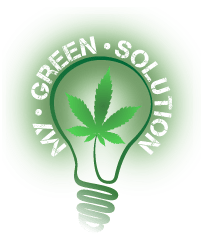

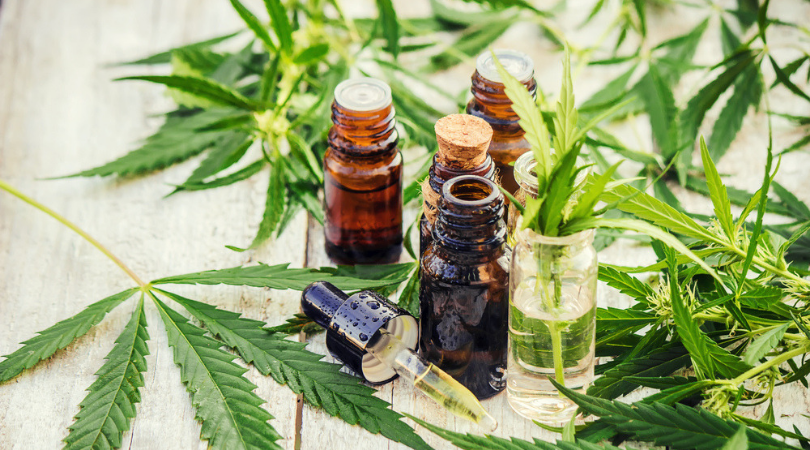
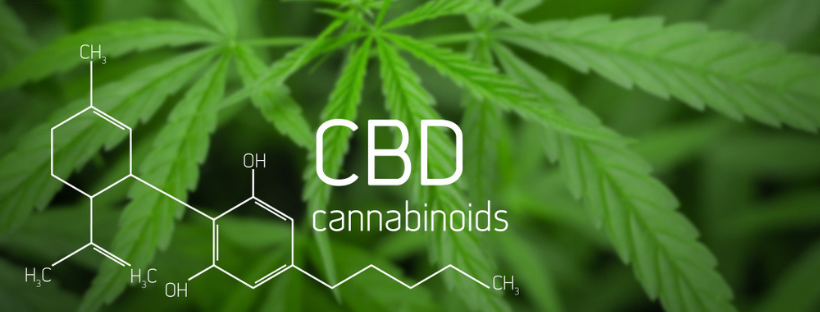
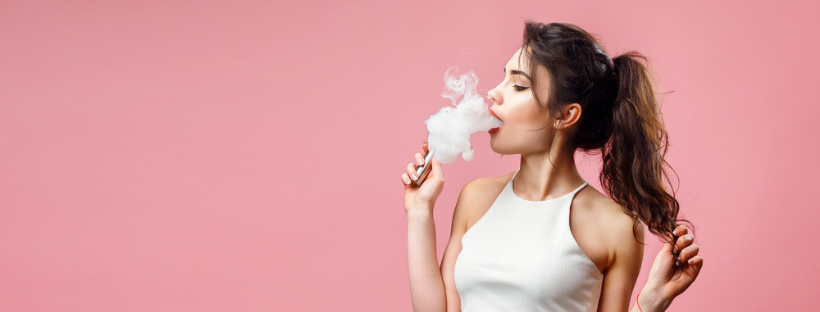
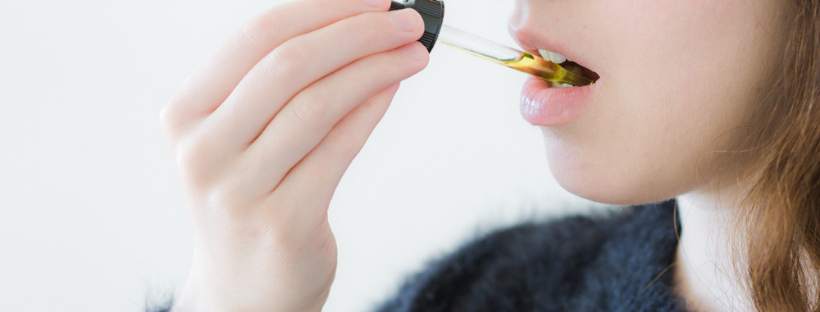
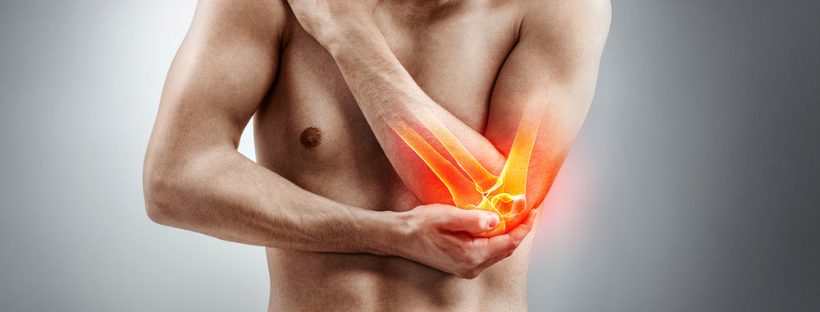
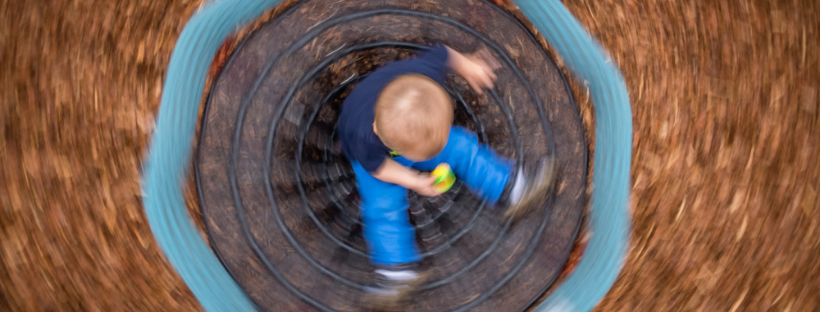
One thought on “The Ultimate Guide to CBD Tinctures for Beginners”